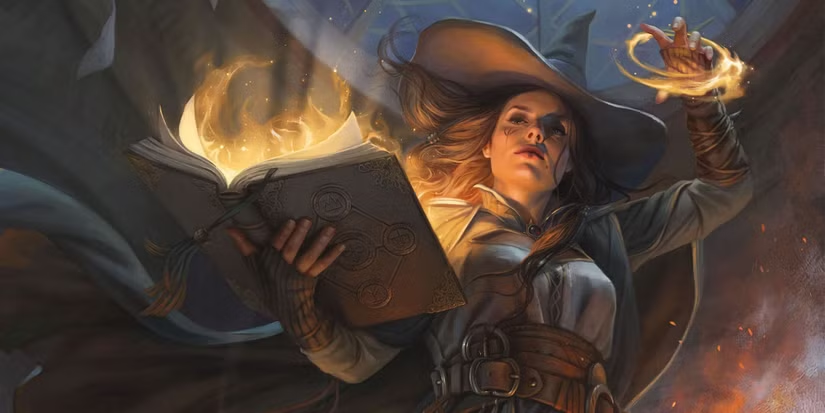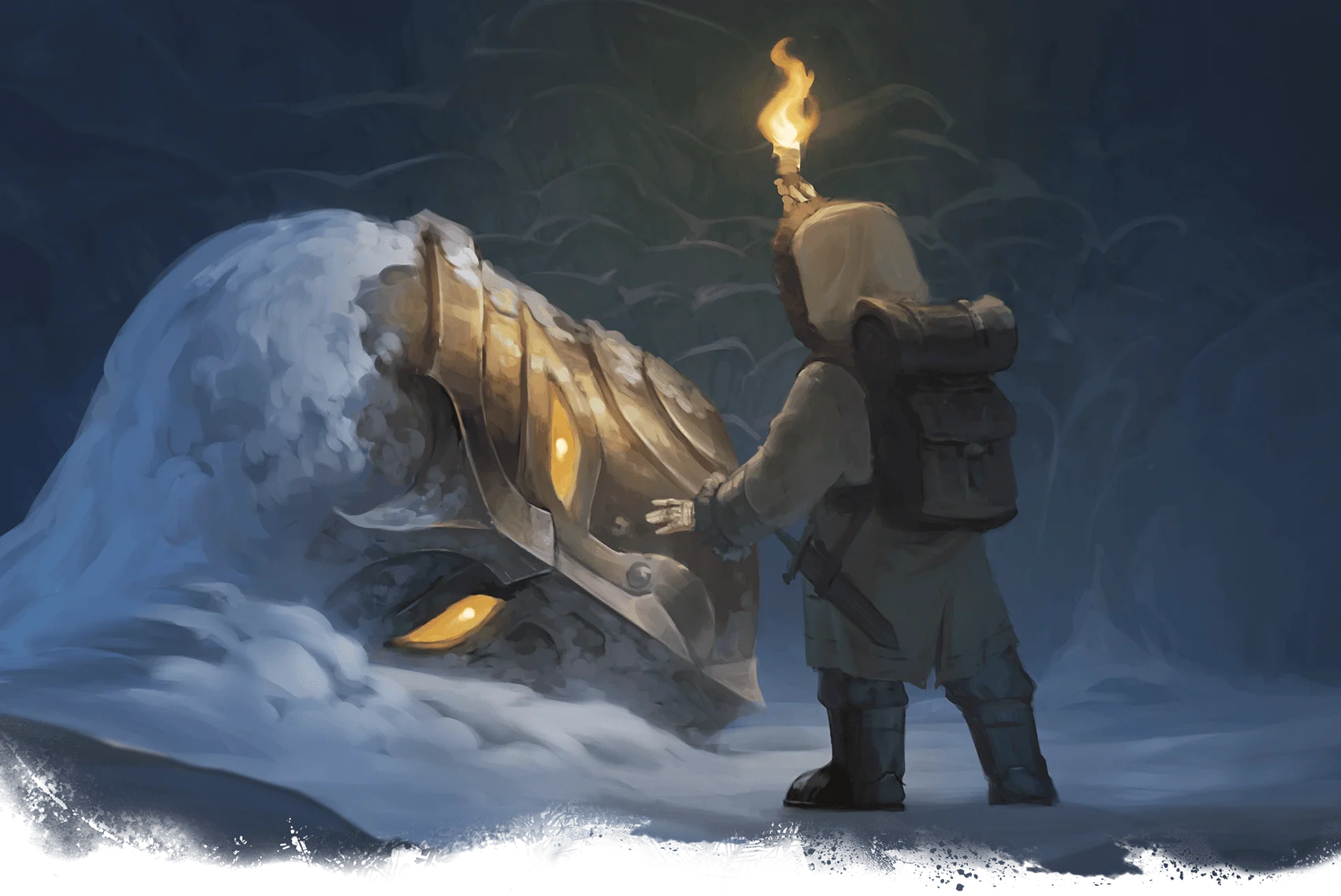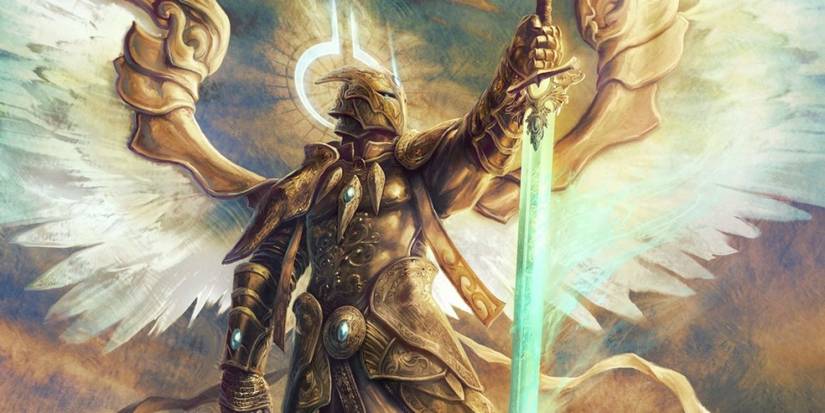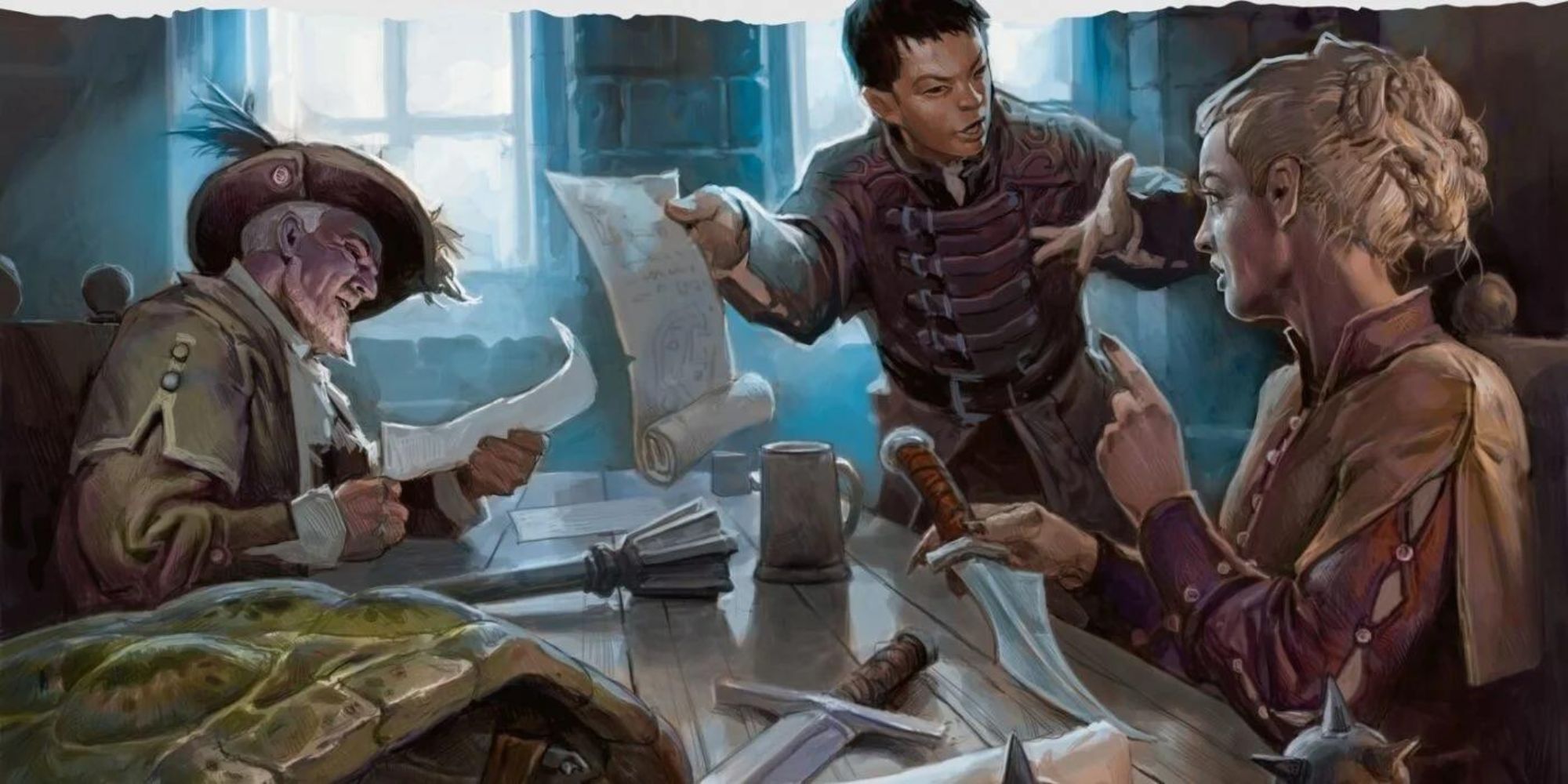
The 5 Crucial Mistakes to Avoid When Becoming Game Master
Share
You've taken the plunge. No more playing the game, now you're holding the sword... or rather, the Rulebook ! Becoming a Game Master (GM) is an exciting step, but the pressure of preparation, improvisation, and facilitation can quickly turn the fun into anxiety. Rest assured: all GMs have made mistakes. At the Guild, we've even collected them to share with you!
Here are the 5 most common mistakes beginners make, and more importantly, practical advice on how to avoid them or, better yet, turn them into memorable moments for your players.
Mistake #1: Information Overload (or Lore-Dump )
The Problem: Trying to tell your world's 10,000-year history in a single session. Players get bored and retain very little.
Guild Council: Inner Lore should focus on information that is directly relevant for now, keeping big story arcs like the Elder Dragon "warm" as long as they don't affect the characters' current quest, in order to let players ask questions and reveal the world in small ways .
To pique their curiosity and advance the plot, prepare physical items to give away —such as sheets of burned parchment, a key, or a wax seal—that will serve as pieces of a puzzle that you distribute sparingly to create real intrigue and a sense of progress.

Mistake #2: Preparing a Linear Scenario
The Problem: Writing an "on-rails" scenario where the players only have one way to reach the goal. As soon as they take an unexpected initiative (and they will!), your scenario falls apart.
Guild Council: Prepare Situations, not Solutions. Define NPCs with clear motivations , important locations, and inevitable events . If the players have to face the Vicious Baron, prepare why the Baron is vicious and where he is, but let the players decide how they will reach him. Be smart, the work of dungeon master can take some time, prepare what will really be useful to you for the next game (you will have time to advise depending on what your players will do)

Mistake #3: Neglecting Immersive Descriptions
The Problem: Settling for "You're in a tavern" or "It's a forest." Atmosphere is the glue that holds RPGs together.
The Guild Council: Engage the characters' 5 senses! Instead of saying "The cave is dark," describe:
- View: "The only light comes from some kind of giant armor helmet"
- Hearing: "You hear the wind blowing outside the cave as well as a light trickling of water to your right."
- Smell: "A smell of mold and sulfur catches in your throat."
- Touch: "The ground is slippery, covered with a thick layer of ice."
- Even the Taste! (If it's relevant, like a metallic taste in the air.)
These sensory clues can lead to inferences and actions: Slippery ice could make fighting dangerous. The smell of sulfur could indicate magical or demonic danger. The metallic taste could come from an unknown ore or blood. Let them seize it!

Mistake #4: Forgetting to Reward (Smartly)
The Problem: Focusing only on gold and XP. Players want to feel that their choices and roleplaying have an impact.
Guild Council: Reward Roleplaying . Award luck or inspiration points not just for a great fight, but also for a brilliant comeback, a heroic sacrifice, or a truly brilliant moment of acting that fits the character's personality.
Additionally, if your players have interacted with important NPCs, let those NPCs thank them in person (or offer them a little help). This allows players to create a strong emotional connection with these characters, a connection you can reuse as leverage in future games or scenarios.

Mistake #5: Getting Paralyzed by Rules
The Problem: Interrupting the action every five minutes to check some obscure rule in the manual. This breaks the pace and tension.
The Rule of Cool. If you're unsure about a rule mid-session, your priority is to maintain the pace and atmosphere.
- Make a quick decision that is consistent with the tone of your game (dramatic, epic, or comedic).
- Check the exact rule after the session , not during.
If a player's proposed action is awesome, memorable, and makes the moment epic , let it happen , even if it bends the rules slightly. Remember: your role is to tell an engaging and exciting story , not to pass a rules test. Fun and epicness trump strict technicality.

Conclusion: The GM is a Human. You are human!
Mastering the game is an art that is learned through practice. Forget the fear of failure and focus on the fun you and your friends have at the table. It's not about perfection, it's about adventure!
What was your biggest challenge as a new GM? Share your stories and best advice in the comments below to help the next generation of Dungeon Masters!





